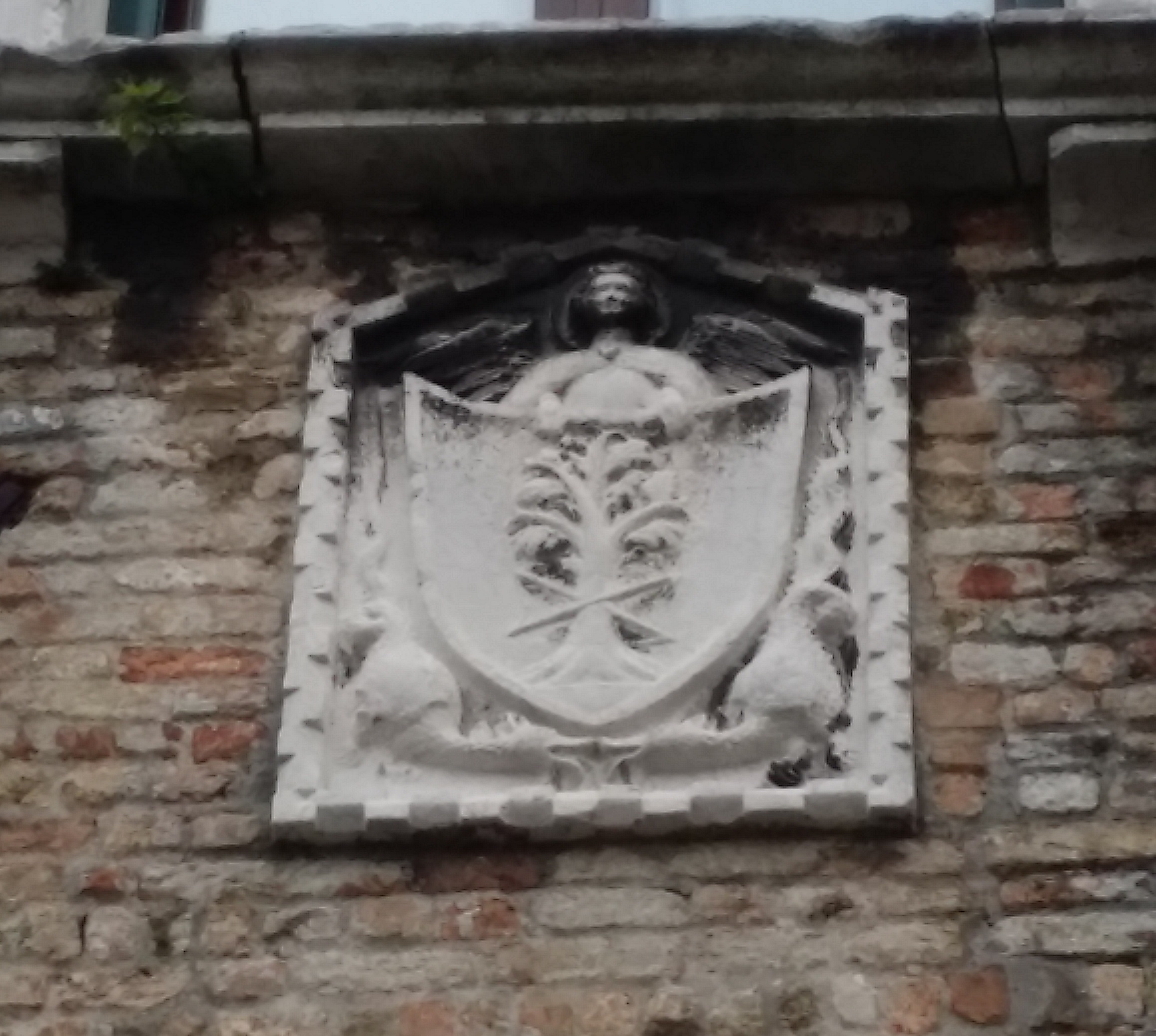As You Like It is was what we call a ‘pastoral comedy’, which means it involves traipsing around the countryside doing As You Like. The title is an English expression of a Hebrew saying in relation to time and freedom in seizing the moment. The Hebrew word זְמָן (zeman) means ‘appointed time’ from Ecclesiastes 3:1-8 as follows:
For everything there is a season (זְמָן zemen), a time for every activity under heaven. A time to be born and a time to die. A time to plant and a time to harvest. A time to kill and a time to heal. A time to tear down and a time to build up. A time to cry and a time to laugh. A time to grieve and a time to dance. A time to scatter stones and a time to gather stones. A time to embrace and a time to turn away. A time to search and a time to quit searching. A time to keep and a time to throw away. A time to tear and a time to mend. A time to be quiet and a time to speak. A time to love and a time to hate. A time for war and a time for peace.
It is also in Daniel 7:25 in relation to the festive season, where one has the freedom to do what you like (free will). This freedom in the Hebrew is חָפַש (chofesh), describing a free people to do As You Like, hence the Hebrew title As You Like It.
The interesting record I found is a comedy (assumed to be a play) titled “Free Will” containing Jewish Kabbalistic imagery was penned by Jeronimo Bassano in Venice sometime prior to his death circa 1544. It was written in ‘the venacular’ rather than in the stalwart Latin prose. The dramatist of The Merry Wives of Windsor even taunted early playwrights with “I, you spake in Latten [Latin] then to: but ’tis no matter”, rather than writing in the vernacular.[1] Considering As You Like It was penned in the same vernacular prose, with a similar Jewish Kabbalistic title, it is quite plausible that the earliest version of As You Like It was penned by Jeronimo Bassano over 20 years before before William Shakespeare was born. For the full story, refer to Genesis of the Shakespearean Works being released this week.
______________________________________
© 2003-17 inclusive Dr Peter D Matthews. All rights reserved.
[1] F1, Wiv. 1.1.166-7.




